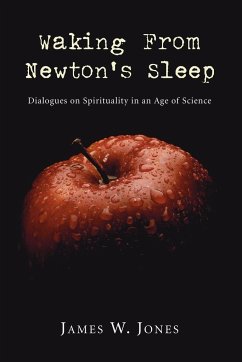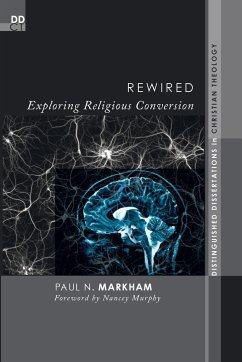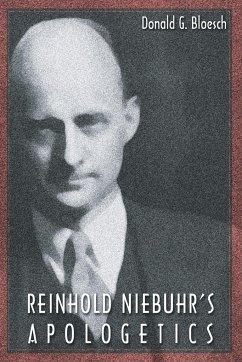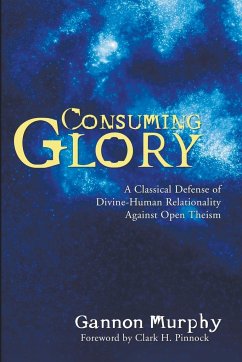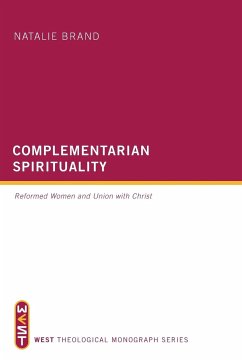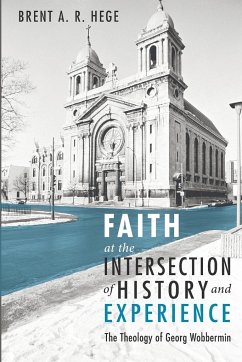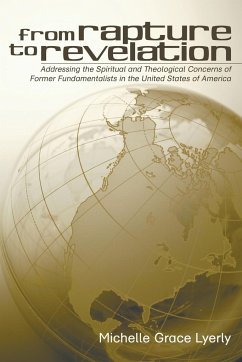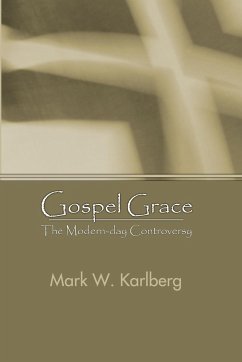Must religion and science conflict? Can a man of science find a spiritual path? Meet Tim, a chemical engineer, who gradually finds his exclusive reliance on science being called into question by the events of his life, by his dreams, and by discussions with his coworker Matt and Matt's wife June. Their conversations probe, debate, and explore whether science alone is sufficient to explain everything, how science and religion might coexist, whether science might lead toward a spiritual path, and what sort of spirituality might be both life-transforming and congruent with modern science. Tim struggles, resists, and, in spite of himself, finds his viewpoint slowly changing. Tim's story illustrates the finding of a spiritual path in a scientific age, not through a drastic crisis but rather through a gradual process of becoming open to new experiences and rethinking old assumptions.

